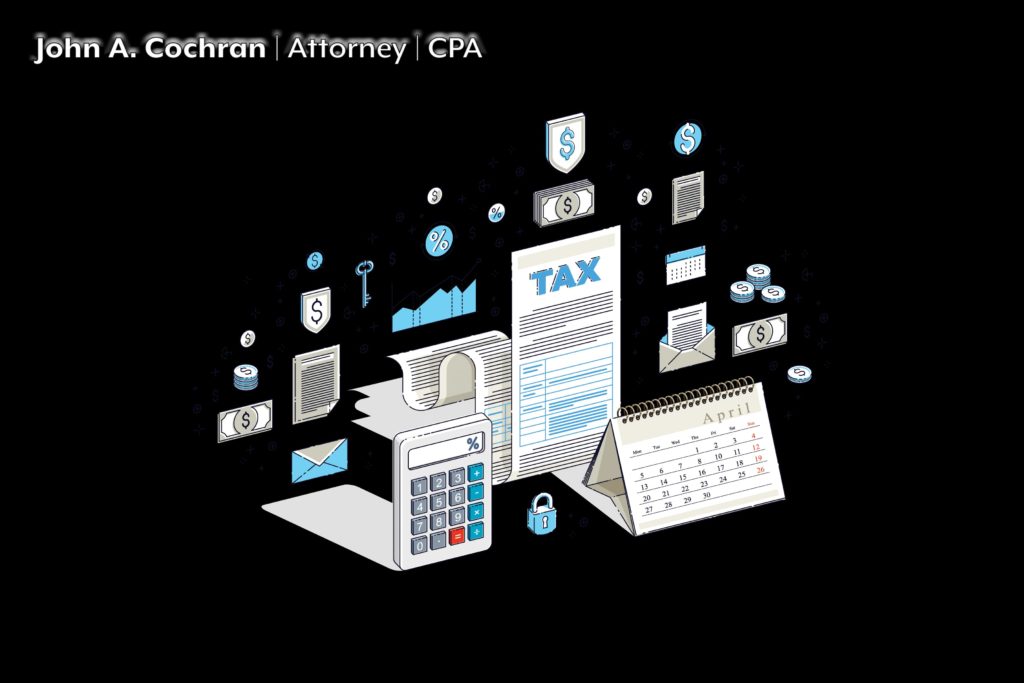
Whether you file your own taxes or work with a professional preparer, there are a few common mistakes you must avoid. Some could even delay your receipt of your funds from the CARES Act. You may laugh at these common tax filing mistakes below… unless you make them.
Misspelled or different given names
If you ever took the SATs in high school, you may recall you got 200 points just for spelling your name right. There’s a lot more riding on spelling correctly and using your legal name now. Even if you hate your legal name, you’ll love the refund attached to it. The same goes for anyone who legally changes their name (ex: marriage, divorce, for fun). Whatever name the Social Security Administration has on file, use it on your tax paperwork.
Direct Deposit Errors
It’s more secure to request a direct deposit of a refund than having the IRS mail you a refund check and you receive your cash WEEKS earlier. However, the danger lies in making sure those digits are correct when you provide them. Errors in routing or account numbers could see your refund heading to another person’s bank account. The funds could also be returned to the IRS, delaying your receipt of your hard-earned cash.
Side Hustles and Investment Earnings
Did you receive a 1099 for contract work last year? Guess what, you need to claim this on your taxes (yes, the IRS knows about it since the client sent a copy of your 1099 to them, too). Likewise, if you received funds from investments, you must claim this as income. If you “forget” about either of these, the IRS will remind you. Unfortunately, these reminders tend to include a penalty and interest on unreported income taxation.
Qualified Charitable Distributions
Make sure you adhere to the charitable donations guidelines posted on the IRS site. Bonus: If you’re an avid reader of my blog – and of course you are – we recently discussed a number of tax tips for filers over age 50. One of those tips offered advice for individuals who must take required minimum distributions from Traditional or Roth IRAs. By donating the full amount to charity, you exempt that income from taxation.
With the IRS extending filing dates to July 15, you have time to ensure your information is complete and correct. Our office can help ensure you stay in good graces with the IRS. We can also find additional avenues for you to pay the lowest taxes possible while staying in compliance. To learn more, call our office at 724-216-5180 or use our online form.
